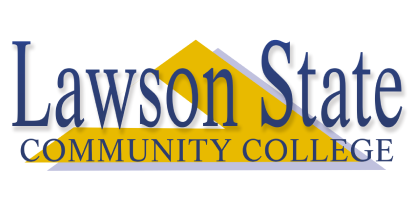Family Literacy in Focus: Lawson State Highlights Lifelong Learning
Family Literacy in Focus: Lawson State Highlights Lifelong Learning
Empowering Parents and Families Through Adult Education at Lawson State
Nearly 60 million adults in the United States struggle with literacy, according to the National Coalition for Literacy. Each September, National Adult Education and Family Literacy (AEFL) Week draws attention to the resources available to help adults strengthen their literacy, digital, and workforce skills—and the impact this has on entire families.
"Family literacy starts at home," said Charlette White, director of adult education at Lawson State Community College, which also celebrates AEFL Week each year. "Even though we primarily serve adults, we want there to be a way to tie in literacy for the whole family."
Building Digital and English Language Skills
The annual observance is an opportunity to show that learning is for everyone, Ms. White added. This year, Lawson is partnering with area schools to deliver digital literacy workshops and reaching parents-especially those in the college's growing English as a Second Language (ESL) program.
"Our goal with ESL is to teach conversational English, and we integrate that with computer skills so families can learn together," Ms. White said, adding that the college is placed a new emphasis on basic computer skills, too. "We know children often pick up digital skills quickly," she said, "and that can inspire parents to stay engaged and keep learning."
Moreover, working parents need literacy skills to advance on the job and provide for their families. According to the national advocacy group ProLiteracy, Adult literacy creates stronger families. Not only because the literacy level of a parent directly impacts the literacy achievements of their children, but also because improved literacy creates stability.
"Higher literacy levels result in family-sustaining wages, improved health outcomes, and parents who are more engaged in their children's learning."
Parents as Learners and Role Models
Family literacy programs also remind parents that their children can be powerful motivators. "You have these parents who may not have graduated from high school, but whose kids are in school now. For some, they're realizing, 'I need to be in school as well,'" Ms. White said. "What we often find is that parents want their children to be proud of them, and they go back to school so they can achieve together."
Lawson offers adult education programs, GED preparation, ESL classes, and short-term workforce training. Ms. White stressed, "All of our adult education programming is free, and that's very important."
Transforming Lives, Strengthening Communities
Nationally, AEFL services extend beyond reading and math. Adults can also learn about health, money management, and citizenship; prepare for a career; and gain the digital skills necessary to succeed in modern workplaces. The goal is to give adults agency over their lives and create better opportunities for their families.
For more information about Adult Education at Lawson State, call 205-929-2133 or email anix@lawsonstate.edu
About National Adult Education and Family Literacy Week
According to the National Coalition for Literacy, National Adult Education and Family Literacy Week raises public awareness about the need for and value of adult education and family literacy. Its goal is to increase financial and societal support for access to foundational education programs for U.S. adults with low literacy, numeracy, and digital skills. Advocates across the country use this opportunity to elevate adult education and family literacy nationwide with policymakers, the media, and the community.







